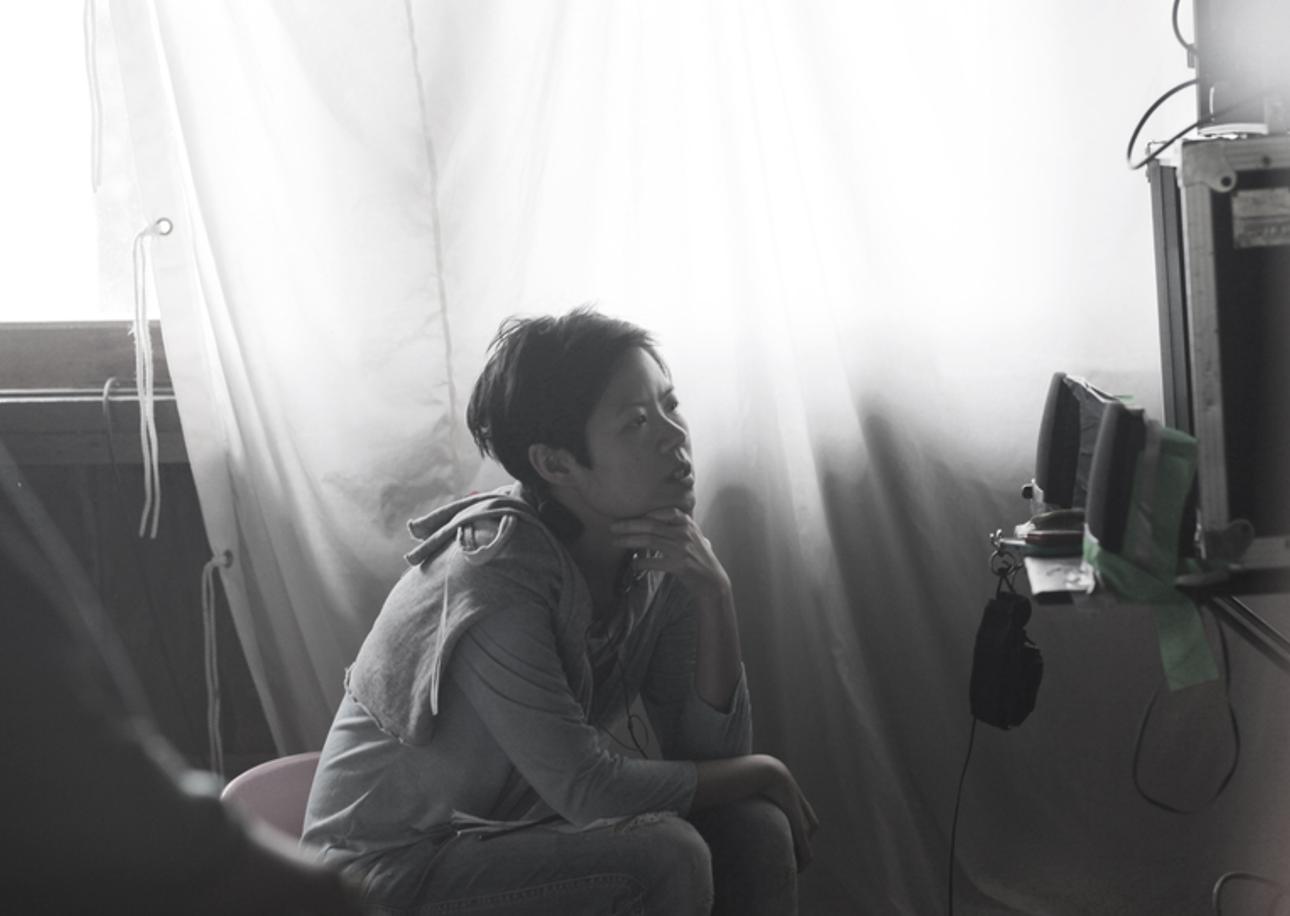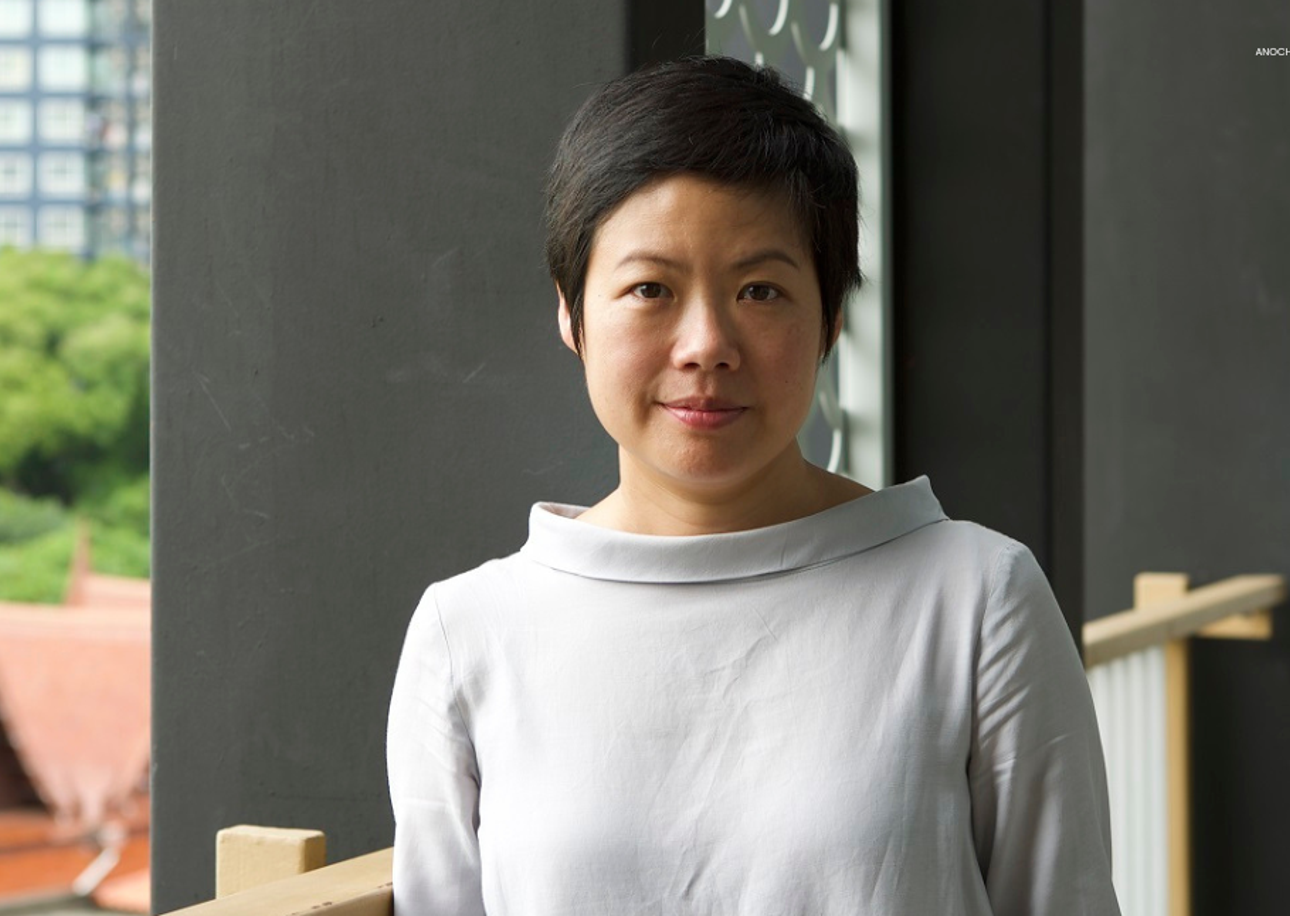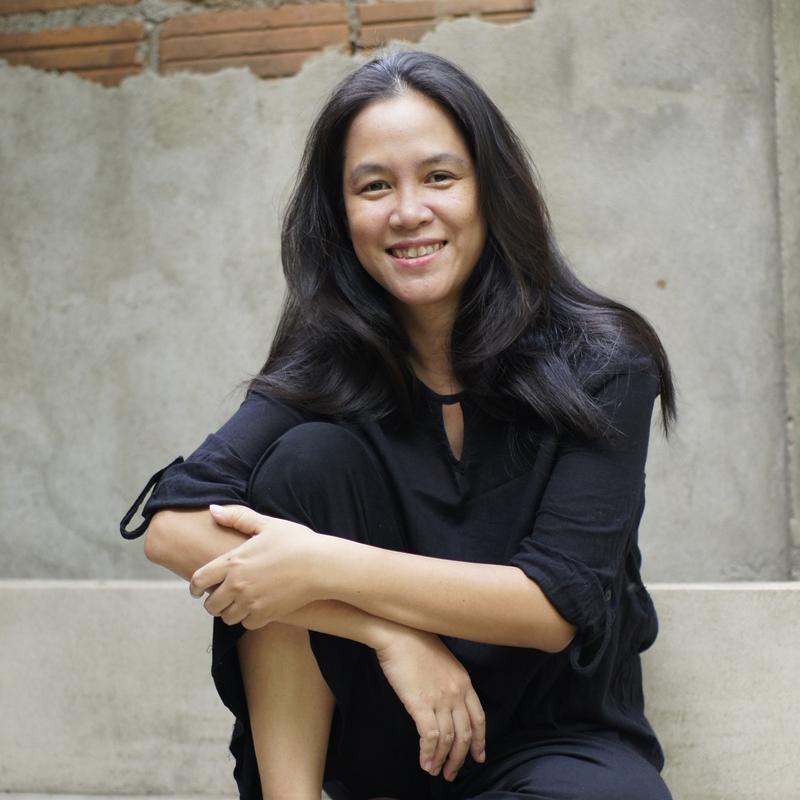Celebrating World Television Day and Mai’s impact on visual storytelling, feminism, and diversity in film
Do you still cherish the warmth of family gatherings around the television? If you do, let’s recognise the significance of the approaching World Television Day on November 21st. This annual celebration marks the anniversary of the first World Television Forum held in 1996. Initiated by the United Nations, this day is a reminder that television is a powerful medium of entertainment that connects us globally.
As we reflect on the history and significance of television on this occasion, it’s also essential to spotlight individuals who have made contributions to the world of medium, one of Koktail’s Future List, Anocha ‘Mai’ Suwichakornpong.
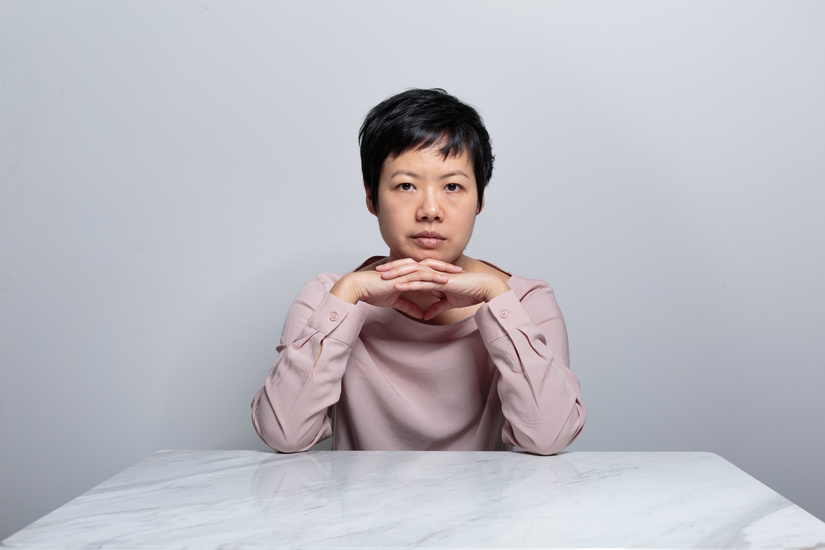
Photo: Courtesy of matthewng.co
Empowering Voices: Mai’s Journey in Film and Advocacy
Mai is a Thai independent film director, screenwriter, and producer, whose work transcends the boundaries of traditional filmmaking. A Visiting Lecturer on Art, Film, and Visual Studies at Harvard University, Mai has left a mark on the film industry with her perspective, blending film, feminism, and activism.
In 2006, Mai founded the independent film production company ‘Electric Eel Films,’ and later established Purin Pictures, a film fund supporting under-represented Southeast Asian filmmakers. Mai’s commitment to empowering voices often unheard in mainstream cinema is commendable, making her an advocate for diversity in the film industry.
When Cannes Calling
Her journey in filmmaking began with “Graceland” in 2006, a work that became the first Thai short film to be selected at the Cannes Film Festival. This marked the beginning of a series of accolades, with her second feature film, “By The Time It Gets Dark” (Dao Khanong) in 2017, earning her the Best Director award from the Thailand National Film Association. The film, created with her 2-year-old daughter, symbolises Mai’s ability to intertwine personal narratives with social commentary.
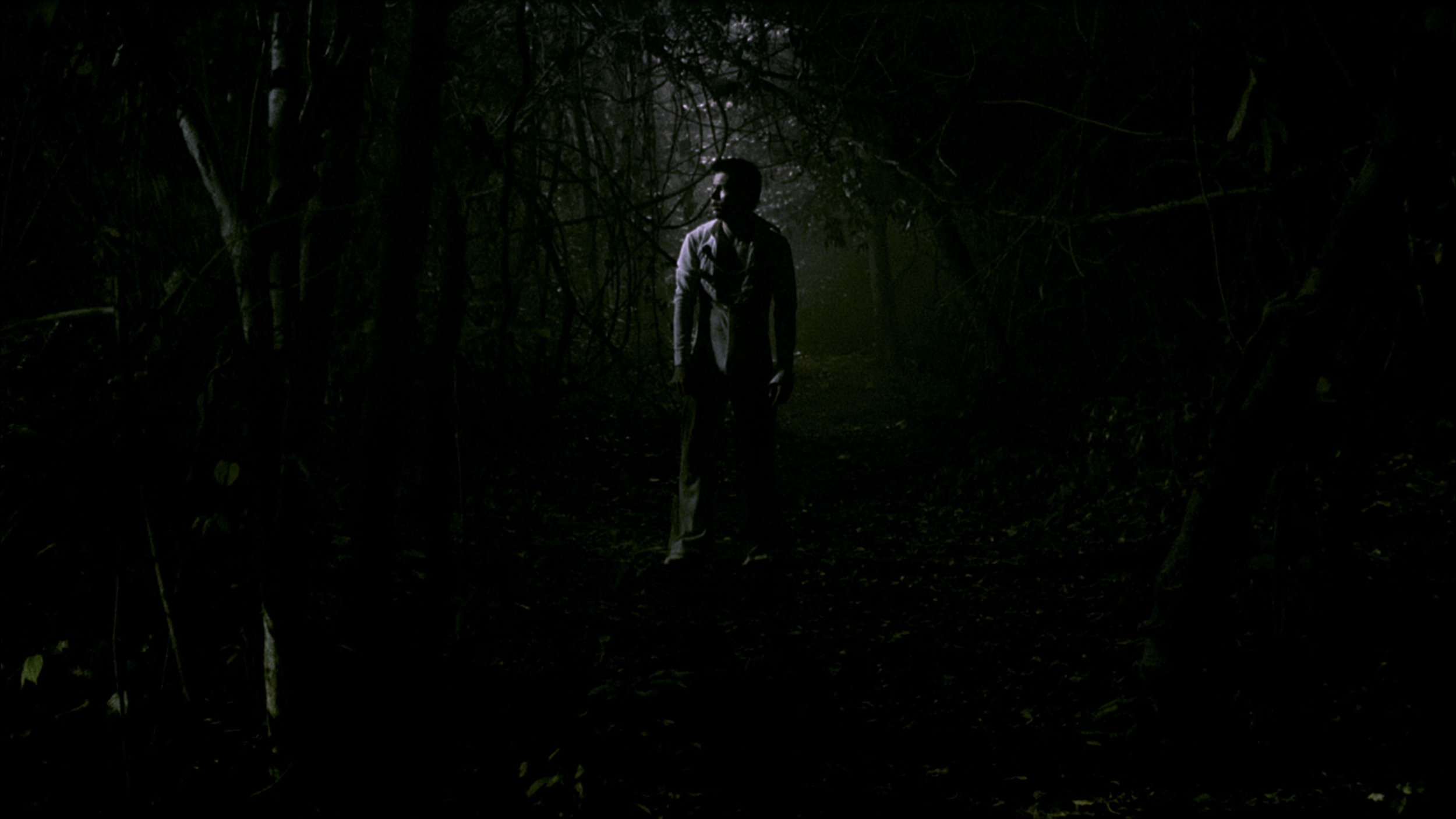
GRACELAND By Anocha Suwichakornpong Photo: Courtesy of Anocha Suwichakornpong
Challenging Conventions
What sets Mai apart is her cinematic achievements and her dedication to challenging societal norms. In 2019, she received the Prince Claus award for “pioneering a mode of intellectual feminist filmmaking” that challenges established conventions. Her films, informed by the socio-political history of Thailand, have received international acclaim and retrospectives at institutions worldwide, including the Museum of the Moving Image in New York and TIFF Cinematheque in Toronto.
Diversity in Perspective: Mai’s Personal Journey and Filmmaking Reflections
Born in 1976 to second-generation Chinese immigrants in Thailand, Mai’s journey includes spending her early childhood in Pattaya before moving to England at fourteen. Her diverse background and experiences are reflected in her films, providing a unique perspective on issues such as class division and social inequality in Thailand. Mai’s impact extends beyond her films. In 2020, she received the Silpathorn Award, showcasing her influence on Thai contemporary arts.
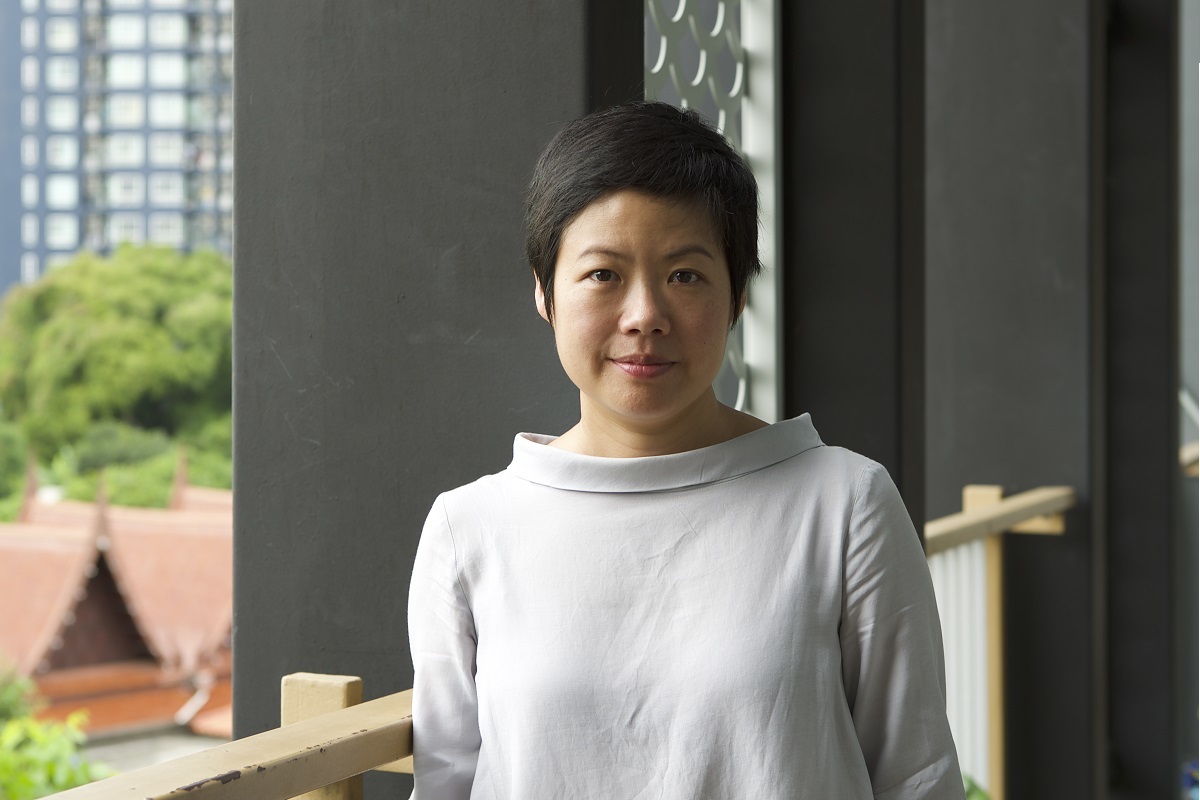
Anocha Suwichakornpong Photo: Courtesy of Anocha Suwichakornpong
Mai’s works enrich our understanding of the world and inspire us to think beyond the screen. In the ever-evolving landscape of entertainment, Mai’s lens continues to shape narratives, fostering a cinematic landscape that is diverse, inclusive, and socially conscious. As we celebrate Mai’s contributions to visual storytelling, it’s essential to recognise the broader impact of the medium on our global consciousness. Television and film, as powerful forms of entertainment, have the ability to shape societal perspectives, foster inclusivity, and champion diversity.
